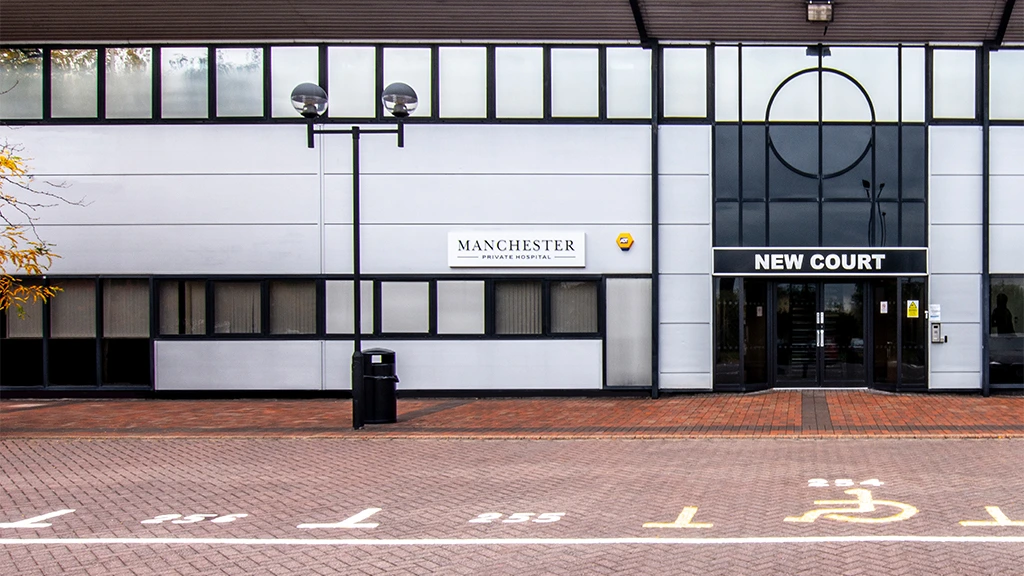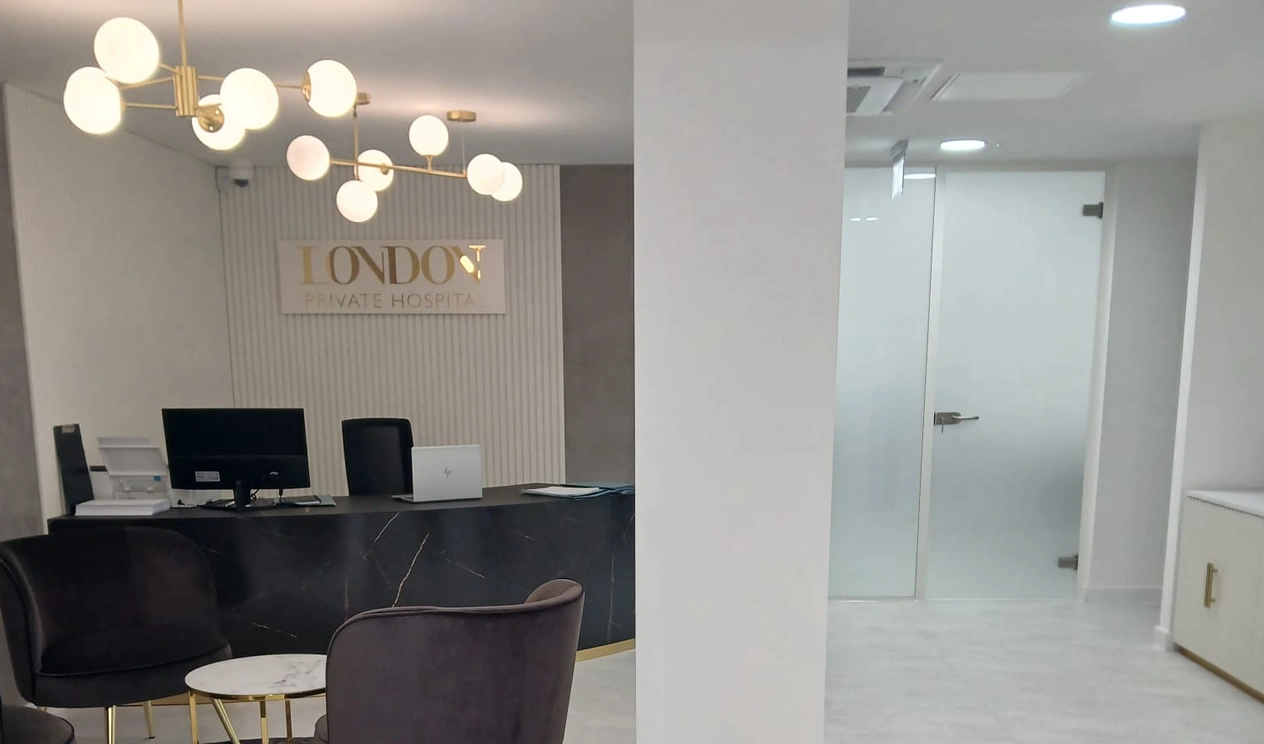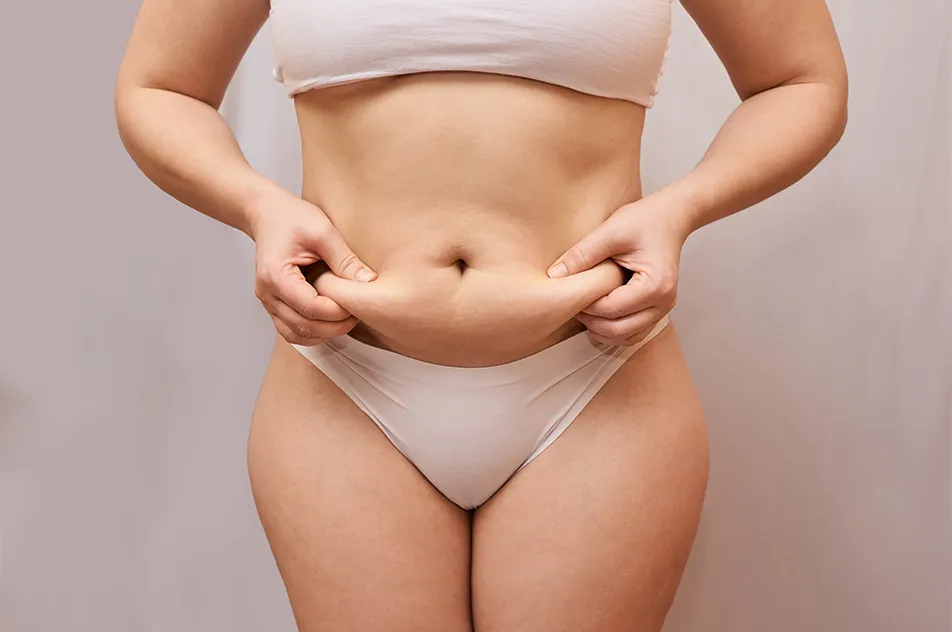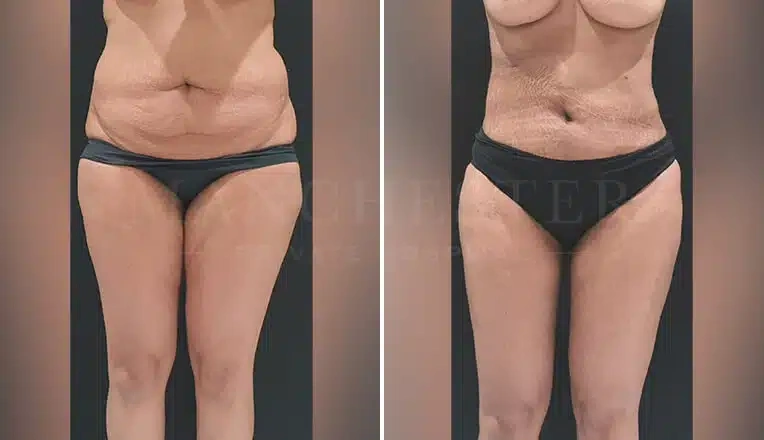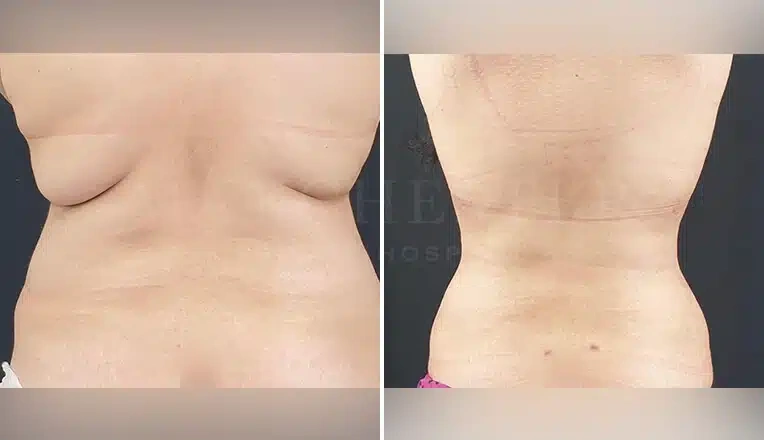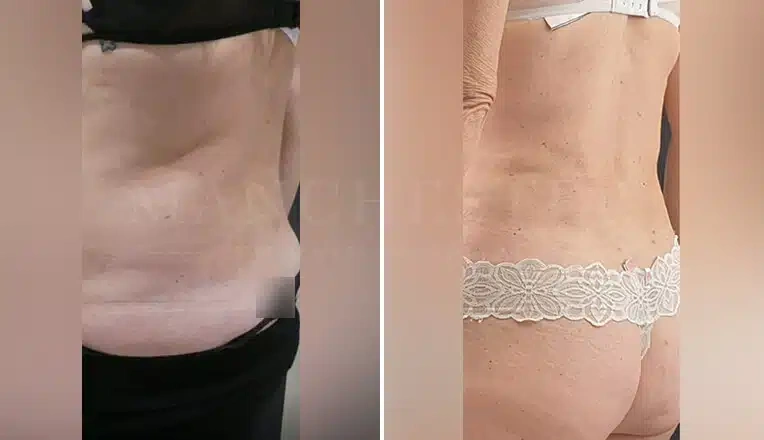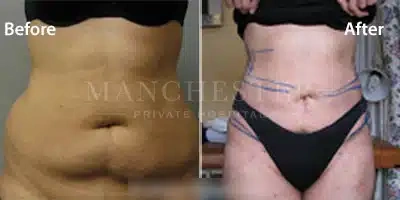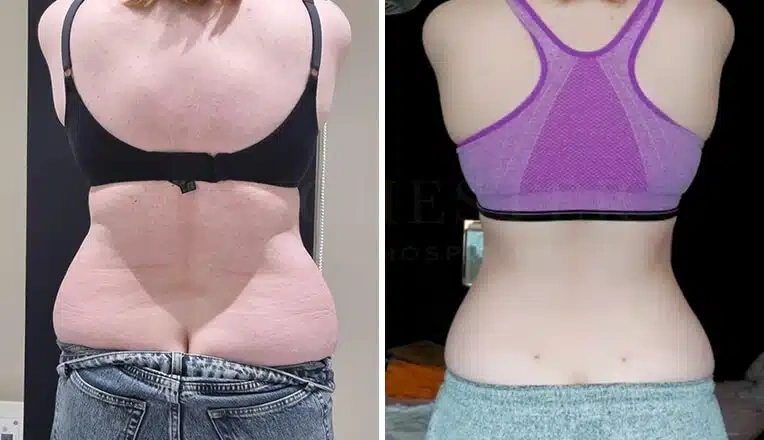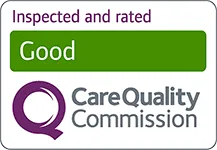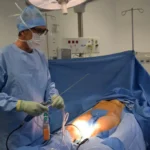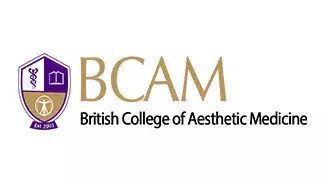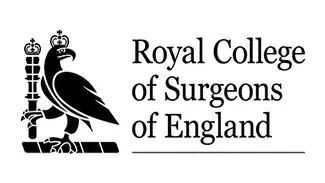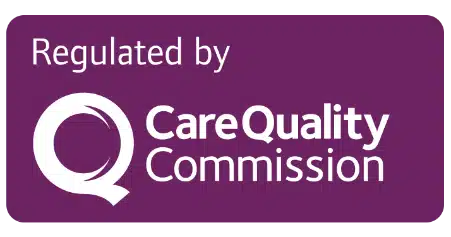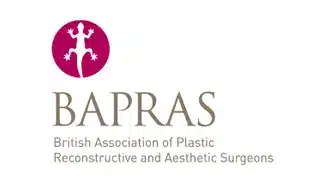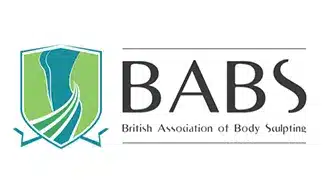Do you swell after liposuction?
Swelling is a natural part of the healing process after liposuction. It’s temporary, but it can last longer in some people than in others. In some cases, a small amount of swelling and fluid retention may last for several months, which can make it harder to see the results of liposuction. However, the majority of swelling should go down within a few weeks of surgery.
The best way to reduce swelling is to wear a compression garment while you recover. Not only does this limit swelling, but it promotes healthy circulation and encourages your skin to retract as you heal. If you’re at all concerned about swelling after your procedure is carried out, speak to your GP or surgeon. They can help you to find out the cause of the swelling and decide how to resolve it.
Do you need drains after liposuction?
Although you may experience a degree of fluid retention after a liposuction or Vaser liposuction procedure, most patients won’t require drains. Typically, any fluid retention experienced after liposuction alone should reduce after a few weeks, particularly if you follow the aftercare advice of your surgeon.
Drains are more often used after an abdominoplasty or tummy tuck that involves liposuction. These help to remove excess fluids from the body so they don’t build up after the procedure. Drains are usually left in for around a week, but this may be shorter or longer depending on your specific situation.
As well as fluid retention, you may experience some leakage from the incisions where the liposuction took place. A small amount of leakage is often nothing to worry about, but you should seek medical attention if lots of fluid seeps from the affected area. Your surgeon should explain before you leave the hospital what to expect in terms of potential post-operative problems.
Will loose skin tighten after liposuction?
Many people worry about how liposuction will affect their appearance, particularly if they intend to have a large amount of fatty tissue removed. Although liposuction is a standard cosmetic procedure, it can be difficult to know how well the skin will retract in the months after the surgery. How well your skin adapts following liposuction can depend on several factors including:
- Your age
- The area where liposuction is carried out
- How much fatty tissue is removed
- Whether or not you follow the aftercare advice of your surgeon
- Individual differences
After your liposuction surgery, your skin will continuously retract in response to the fat removal. This is why it can take several months before the final results of the procedure are visible. Waiting until your skin is more taut often makes the overall appearance of the affected area much more impressive in comparison to how it looked before the operation.
Unfortunately, a decline in skin elasticity is a natural part of ageing, which is why younger people may experience more noticeable results after any form of weight loss than their older counterparts. Elasticity can also be affected by other pre-existing skin conditions, so it’s best to mention any relevant medical history to your surgeon so you can discuss the likely results of liposuction and manage your expectations.
The elasticity of your skin can also depend on which areas of the body have had liposuction. Some areas have thinner skin and are naturally better able to retract and stretch than others. For example, you may see more noticeable skin retraction in the neck and arms as opposed to the abdomen.
If you’ve followed your surgeon’s aftercare advice, worn your compression garments, and yet still aren’t happy with the amount of loose skin remaining after several months, it may be worth considering a procedure to remove the excess skin. A mini tummy tuck can remove excess skin and tighten the abdominal muscles in order to sculpt the tummy – and there are options for other parts of your body as well.
How to break up scar tissue after liposuction
Although liposuction can cause scars, the likelihood of developing permanent, significantly noticeable scars after liposuction is small. Experienced surgeons will make incisions as small as possible in order to reduce scar visibility and will advise you on relevant aftercare measures. Wearing compression garments as per your surgeon’s instructions may reduce the risk of scars developing.
However, scars aren’t always avoidable. If you do develop scars and wish to reduce their visibility, there are a range of treatments you can try. Most are aimed at reducing the visibility of scars rather than removing them altogether. As always, it’s best to discuss your options with your surgeon. They may be able to give you some insight into why your scars aren’t fading and what can be done about it.
What happens if you get pregnant after liposuction?
For women who are interested in getting abdominal liposuction, the effects of pregnancy on the results can be a big concern. After all, pregnancy involves significant weight gain, albeit in the form of a growing baby as opposed to fatty tissue. So can pregnancy negate the effects of liposuction?
Broadly speaking, the answer to that question is no. As long as you lose the excess weight caused by pregnancy, the original liposuction effects shouldn’t be affected. Liposuction won’t prevent you from gaining weight over the course of your pregnancy. Additionally, it is just as important when pregnant, if not more so, to maintain a healthy lifestyle.
That includes:
- Staying hydrated
- Eating a healthy, balanced diet
- Maintaining an exercise routine that suits you
- Getting enough sleep
- Looking after your mental wellbeing
If you have plans to become pregnant after liposuction, then you may wish to discuss them with your surgeon. They can give you more information about what to expect and answer any questions you might have. Likewise, if you’ve had liposuction before and are now pregnant, it’s best to mention it to your doctor, midwife or obstetrician. These experts are trained to give you simple answers and reassure you throughout your pregnancy.
Liposuction Before and After Gallery
Read Our Patient Reviews
Explore our reviews made by real patients
Meet Our Expert Surgeons
Get to know our highly experienced surgeons
Consultation Locations
We offer Consultations from a number of locations around the UK
Prices and finance
We have partnered with Chrysalis Finance, allowing patients to apply for cosmetic surgery finance for all our procedures
Consultation Locations
Manchester Hospital
Manchester Private Hospital New Court, Regents Place, Windsor
Street Salford, Greater Manchester, M5 4HB.
